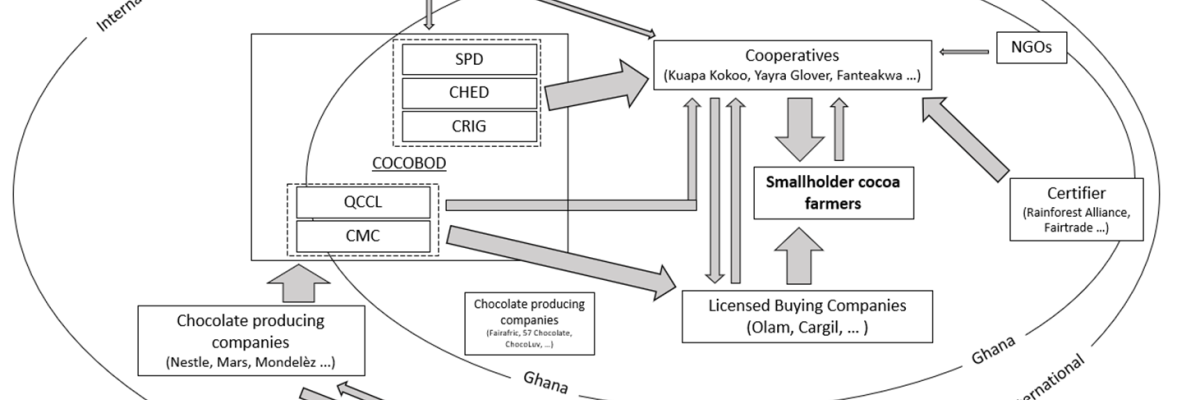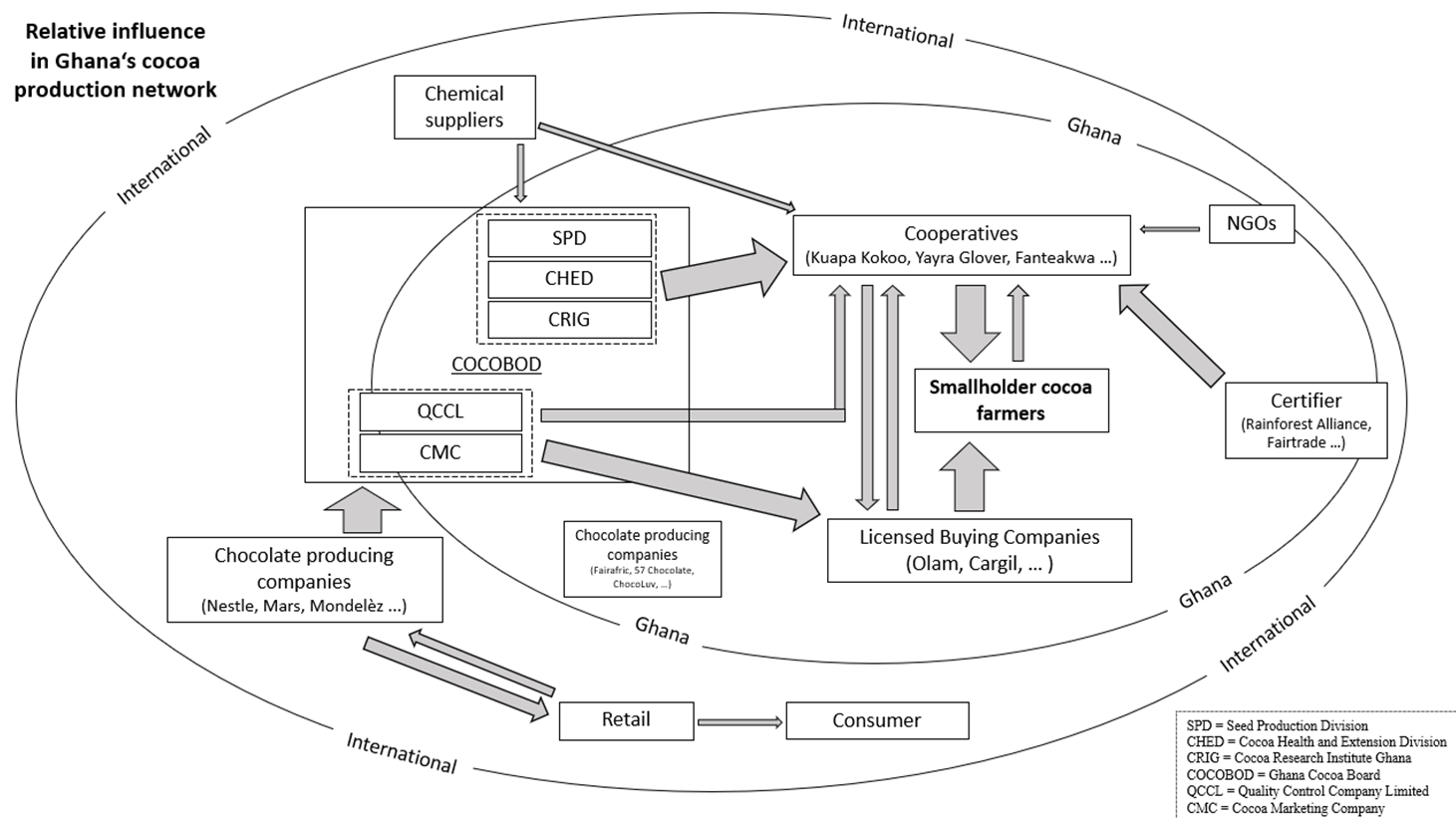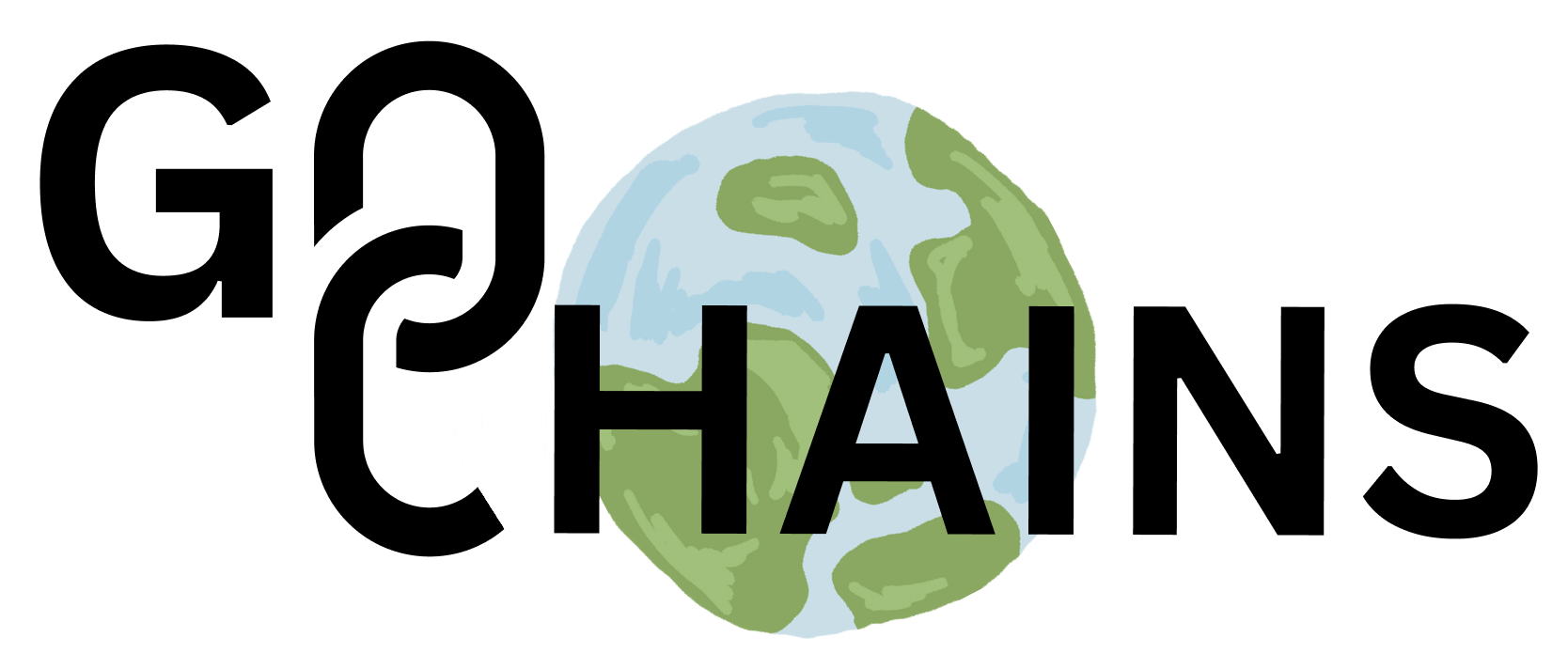
Project overview - Martin Franz
Regulatory risks in global production networks

Project overview
Martin Franz, Professor of Human Geography with a focus on Economic Geography and head of the research group on Human Geography with an economic geography emphasis, is supervising the doctoral research of Frederik Kamphues. Frederik’s PhD project investigates the following question:
To what extent do regulatory risks in the form of (supra-)national HREDD regulations change the structure and organisation of global production networks?
Here are more details about the research:
Context and Research Gaps: Regulatory Risk and the Restructuring of Global Production Networks:
In recent years, a growing number of global disruptions—including the Covid-19 pandemic, the war in Ukraine, rising authoritarianism, inflation, and the energy crisis—have led to renewed scholarly attention on the role of risk in shaping global production. Economic geography has increasingly recognized risk as a key analytical category, with calls for future research to explore how emerging uncertainties translate into concrete changes in the structure and organization of the global economy (Yeung 2023). Concepts such as "polycrisis" (Lawrence et al. 2024) and "multiple crisis" (Follmann et al. 2024) reflect this shift.
Within the Global Production Network (GPN) framework, the GPN 2.0 approach (Coe & Yeung 2021) explicitly incorporates risk as a structuring factor. Various types of risks—economic, product, labour, and environmental—have been studied, yet regulatory risk remains underexplored despite its growing significance. Recent regulatory developments, especially in the EU, including the Corporate Sustainability Due Diligence Directive (CSDDD), the Corporate Sustainability Reporting Directive (CSRD), and the EU Deforestation Regulation (EUDR), place new and far-reaching demands on firms. These laws create substantial regulatory risks, including high penalties and legal liability, which can alter firms' decisions about sourcing, partnerships, and market strategies.
Initial findings (e.g., Solar et al. 2025; Sinnig & Zetsche 2025) indicate that such regulations affect not only EU-based companies but also a wide range of actors in the Global South—such as farmers, cooperatives, and NGOs—highlighting the systemic reach of these measures. Given the increasing geopolitical tensions and a shift in state roles from deregulation toward more interventionist governance (Hess 2021), it is essential to understand how regulatory risks reshape global production networks. This research addresses a critical gap by exploring the transformative potential of HREDD laws on the geography, structure, and governance of global production.
Understanding How Regulatory Risks Reshape Global Production through Performative Risk Narratives
This research investigates how regulatory risks—particularly those stemming from human rights and environmental due diligence (HREDD) laws—lead to concrete changes in the structure and organisation of global production networks (GPNs). While regulatory risks are increasingly recognised as significant, their role in transforming global production remains underexplored. To address this, we draw on the Performative Risk Narrative (PRN) framework developed by Völlers et al. (2023), which emphasizes how perceptions and expectations of risk actively shape the evolution of GPNs. According to this perspective, risk is not only a constraint but a dynamic driver of change, as it influences the decisions and practices of all relevant actors across the network.
The PRN approach offers a valuable lens through which to respond to Yeung’s (2023) call to examine how "new forms of risks and uncertainties are translated into material practices that remake the global economy." By focusing on the performative dimension of risk, we aim to trace how regulatory expectations affect actors’ strategies, relationships, and the overall configuration of production.
To explore these dynamics empirically, we conduct a case study on cocoa imports from Ghana—one of the world’s largest cocoa producers. The Ghanaian cocoa sector is well-researched and offers a clear view into how EU regulatory demands are affecting producers, intermediaries, and buyers along the supply chain.
Fieldwork in Ghana (October–November) will involve qualitative interviews with a wide range of GPN actors, including lead firms, intermediaries, logistics companies, smallholder farmers, and state institutions. This multi-scalar approach allows us to capture the lived realities of regulatory risk and how it is interpreted, negotiated, and acted upon throughout the network.

illustration by Frederik Kamphues
Hypotheses
1. German and European supervisory authorities will have to be added
to the GPN as relevant stakeholders
2. Strategic (de)coupling processes in certain regions
3. Certain regions are looking for new buyers for their cocoa on the
world markets
4. Certification companies such as Rainforest Alliance, Fairtrade, Gepa etc. will lose influence
5. NGOs will lose influence
6. Cocooa as the central Ghanaian state actor is becoming even
more influential due to the influence of the German and European supervisory authorities
7. German retailers will try to "pass on" the risk to the cocoa importing companies
Why does this research matter?
As EU Human Rights and Environmental Due Diligence (HREDD) laws take effect, they create new regulatory risks that can significantly reshape global production networks. These risks influence daily decisions made by firms, farmers, and governments—yet we still know too little about how they are perceived and acted upon in practice.
This research fills that gap by examining how regulatory expectations lead to real changes in global value chains. Using Ghana’s cocoa sector as a case study and applying the Performative Risk Narrative framework, it explores who adapts, who is excluded, and how production structures shift.
The goal is to support more effective and fair sustainability policies—rooted not just in compliance, but in the realities of those directly affected.
Who do you collaborate with?
Frederik Kamphues (University of Osnabrück)
